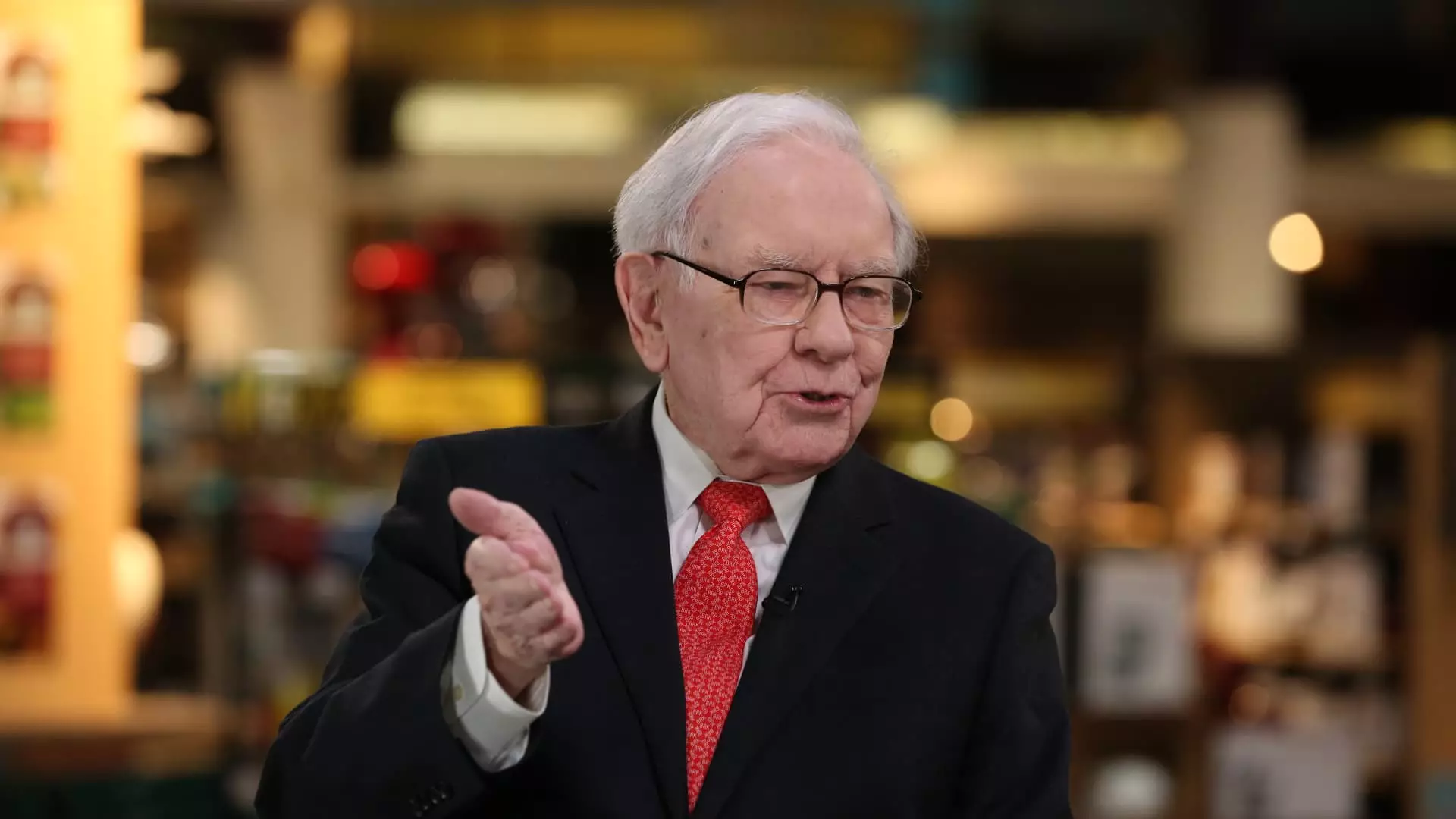In recent discussions surrounding trade policies, the potential for a new trade war looms large as political rhetoric heats up. The notion of imposing tariffs as a primary tool of diplomacy raises critical concerns about the global economic landscape. Historical insights from influential figures in finance, such as Warren Buffett, emphasize that punitive trade measures could lead to widespread adverse effects—not just domestically, but internationally. A trade war, marked by retaliatory tariffs, risks damaging established multi-national relationships and destabilizing economies dependent on free trade principles.
Warren Buffett, the revered Berkshire Hathaway chairman, has been vocal regarding the perils of trade conflicts. His analyses reveal that the implementation of tariffs does not merely serve as a negotiating tool but potentially ushers in a multitude of economic complications. In various statements, Buffett articulated that tariffs essentially function as a consumer tax, which directly impacts purchasing power and living standards. He suggested that the innocuous advantages of free trade often go unnoticed by everyday consumers, who may only feel the repercussions when prices begin to surge due to artificially inflated costs of goods and services.
The ripple effects of tariffs create a scenario where consumers experience immediate financial burdens. As Buffett notes, increased tariffs alter the market dynamics of supply and demand, prompting businesses to raise prices. This shift would compel consumers to re-evaluate their purchasing behaviors. Many citizens may not immediately connect the dots back to tariff impositions, but the economic chain reaction can devastate household budgets. “You don’t know what you would be paying for the clothes you’re wearing today if we had a rule they all had to be manufactured in the United States,” Buffett stated, illuminating the complexity of global supply chains and their influence on local pricing.
The strategic use of tariffs as a bargaining chip in broader political negotiations poses additional dilemmas. Though some may argue that aggressive tariff threats are a means to address issues like illegal immigration and trade imbalances, the reality remains that such tactics can incite retaliatory measures from other nations, escalating tensions rather than resolving them. The potential for an all-out trade war—with its accompanying punitive tariffs—represents a significant gamble that could dismantle the economic foundations upon which global trade agreements rely.
Effective leadership in navigating trade policies requires not just action but also education. Buffett advises that presidents must take on the role of educator-in-chief to engage the public in understanding the nuances of trade dynamics. Drawing comparisons to past leaders, such as Franklin Roosevelt, he emphasizes the importance of clear communication to harness public support and navigate potential fallout from policy shifts. The need for this caliber of leadership has never been more apparent as the consequences of trade disputes can lead to long-term economic ramifications affecting countless lives.
The discourse surrounding tariffs highlights the delicate balance between national policy objectives and global economic interconnectedness. With voices like Warren Buffett urging caution, it is clear that the repercussions of trade wars extend far beyond the negotiating table, enveloping consumers and economies worldwide in a complex web of consequences.


Leave a Reply